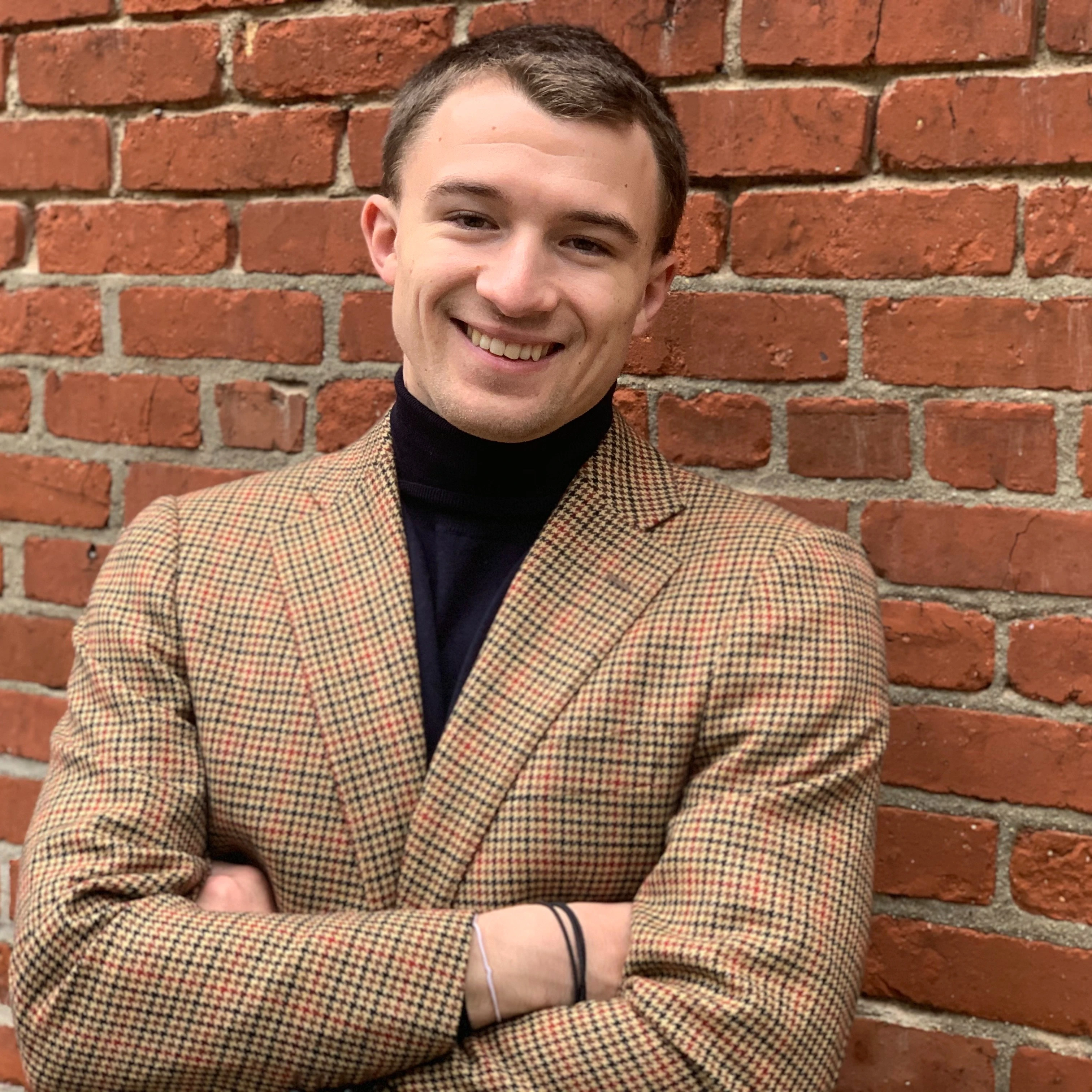Lucas McCullum, BS
Lucas McCullum is a full-time medical physics researcher at Massachusetts General Hospital (MGH) where he contributes to the development of novel tools used to enhance outcome prediction in the field of radiation oncology. His current work at MGH focuses on developing whole-body blood flow simulations to assess radiation dose to circulating blood cells and correlate this with patient outcomes (i.e., lymphopenia) by modifying treatment dose, fractionation, and scheduling.
Before my current role as a PhD-candidate at the MD Anderson UT Health Graduate School of Biomedical Sciences in Medical Physics, I was a full-time medical physics researcher at Massachusetts General Hospital (MGH) / Harvard Medical School (HMS) where I contributed to the development of novel tools used to enhance outcome prediction in the field of radiation oncology. Prior to that, I was a software engineer in the Laboratory for Computational Physiology at the Massachusetts Institute of Technology (MIT) Institute for Medical Engineering & Science (IMES) where I contributed to the development of essential data-sharing platforms used in the fields of computational medicine, healthcare, and machine learning. I earned my B.S. in Mechanical Engineering and B.A. in Applied Mathematics from the University of Maryland, Baltimore County before enrolling in a M.S. in Computational and Mathematical Engineering with a focus on Imaging Sciences at Stanford University which remains unfinished. My previous research includes a vast array of interdisciplinary fields including medical physics, biomedical engineering, computational fluid dynamics, sustainable engineering, bioinformatics, machine learning, and computational neuroscience.
Disclosures:
- Employment: none
- Compensation: none
- Ownership: none
- Leadership: none

